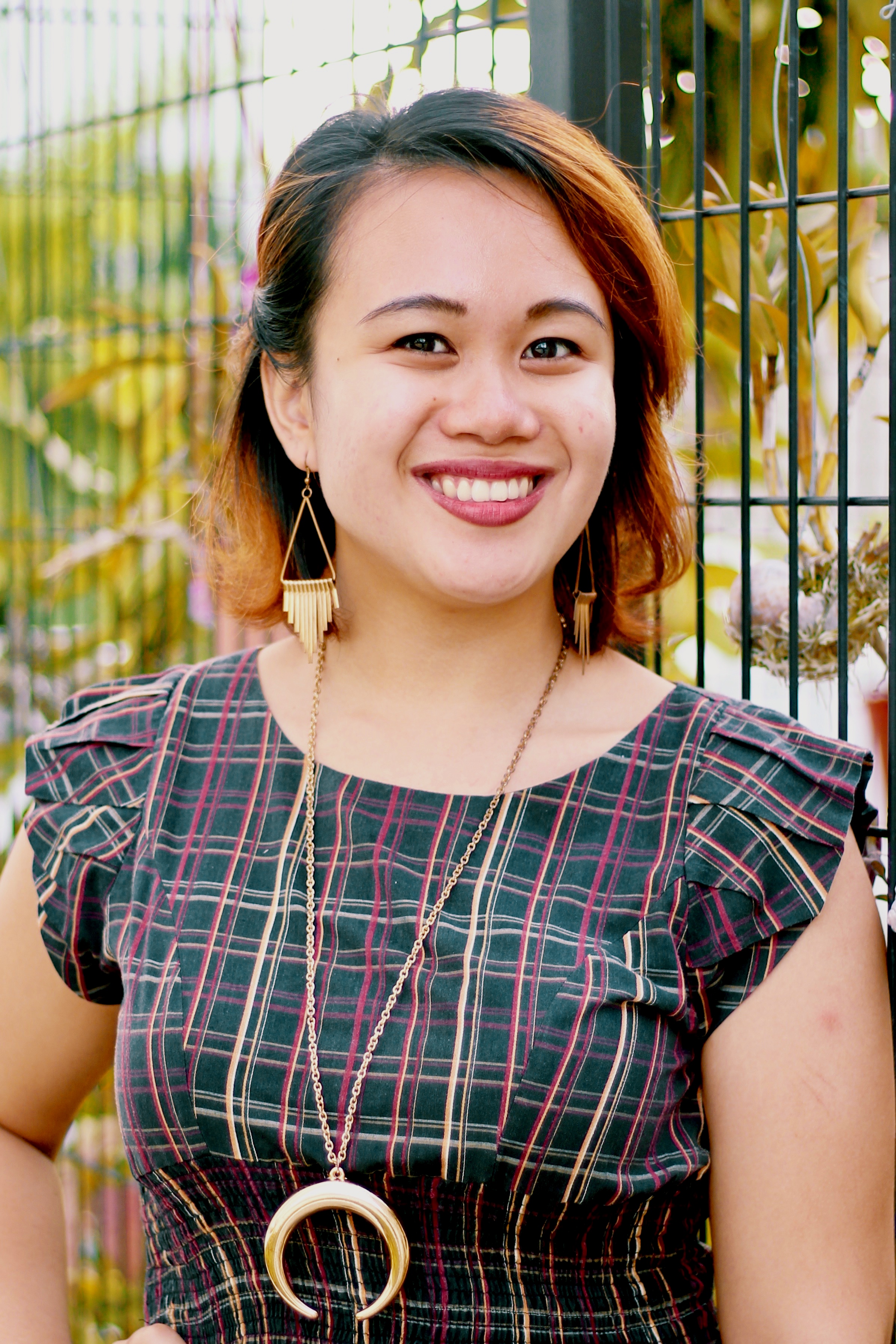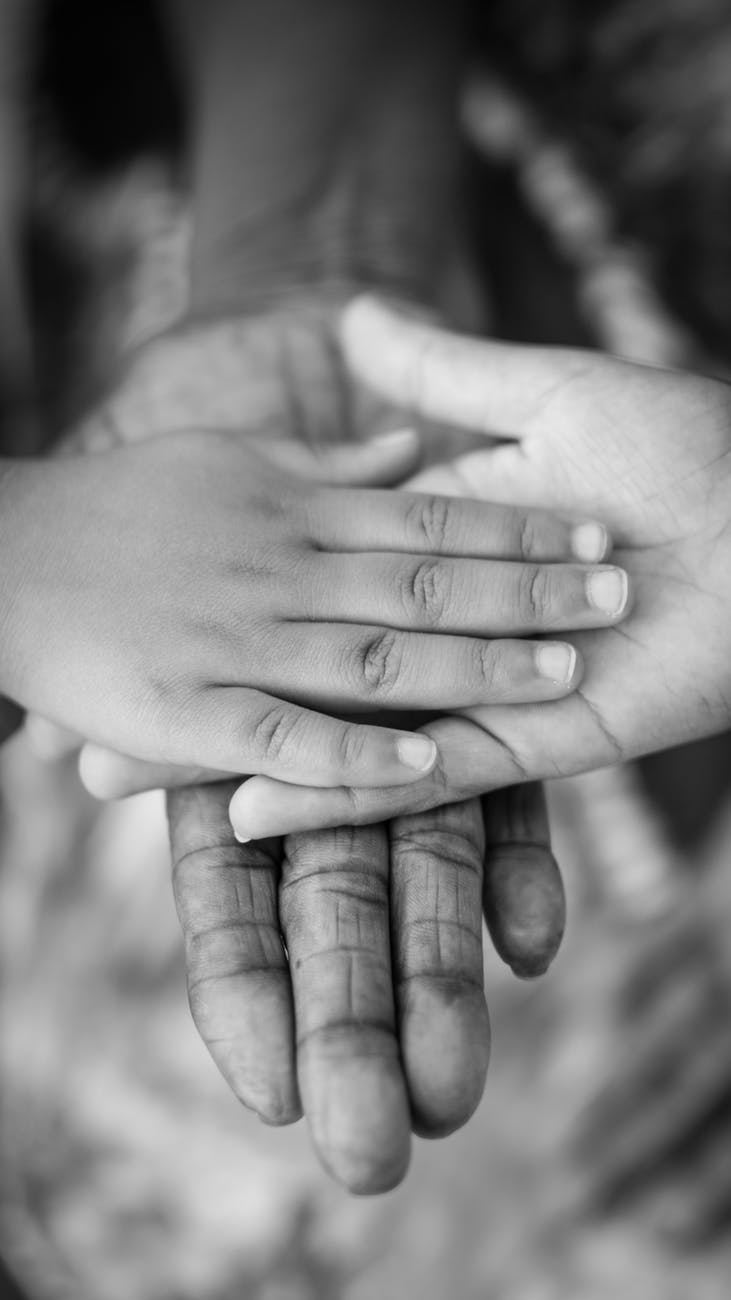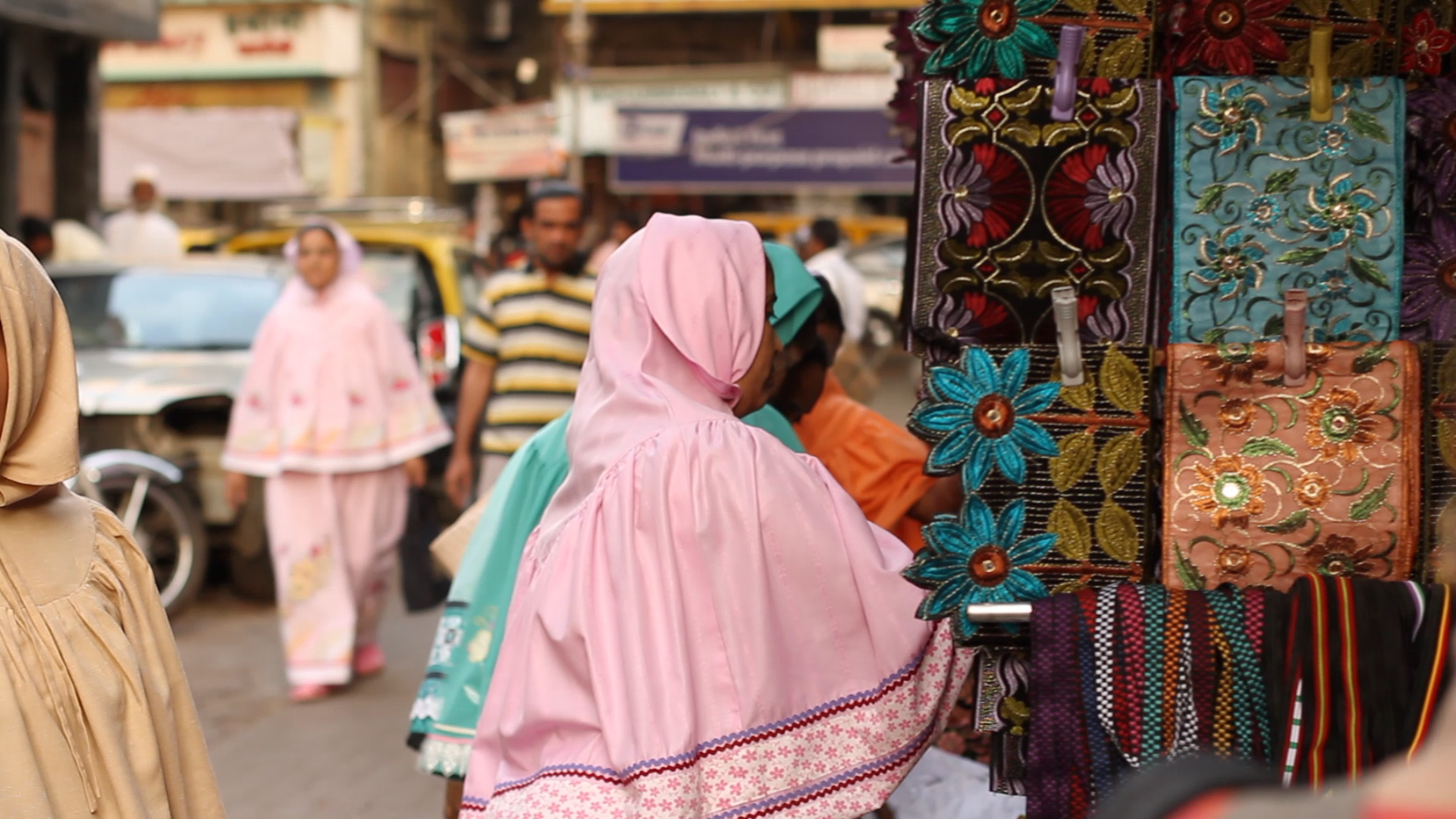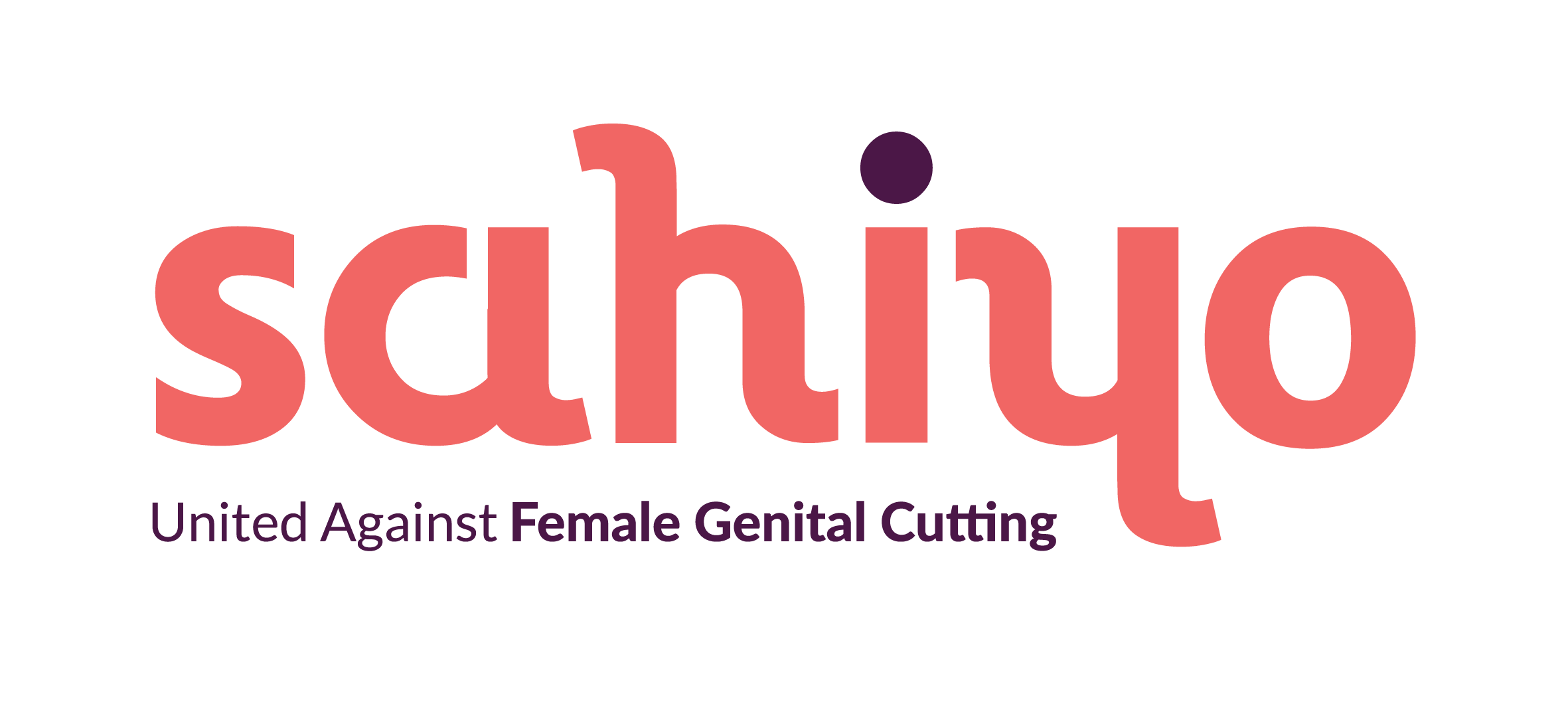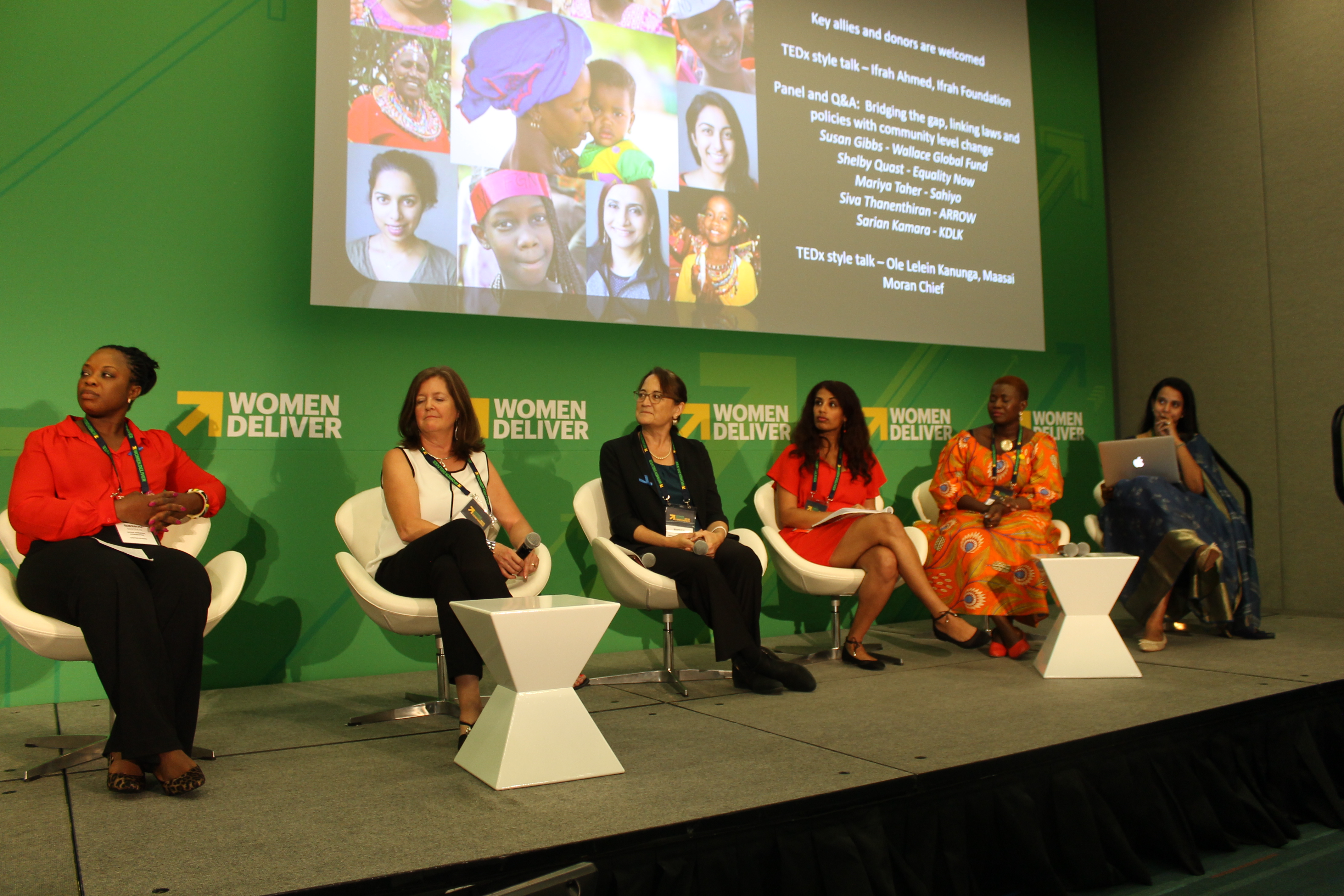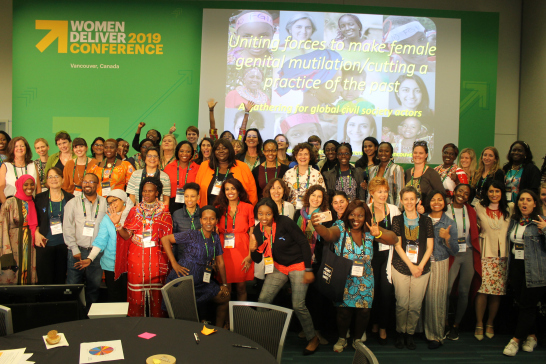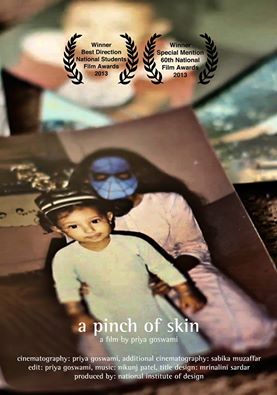Photo Courtesy Of Kristin De Soto on Pexels.com
By Rashida
I can recall with crystal clear memory my mother taking me at around age 7 to a dilapidated old Chawl style building in a Bohra Mohalla in Bhendi Bazaar. My mom wore a dark orange saree with a green, white and light orange geometrical design. We climbed up broken wooden steps to go to the first floor on which there were several rooms with closed doors. We knocked on one of those doors and a lady quietly let us in.
We sat down on the bare carpet and my mom greeted her with a salaam. The lady
disappeared behind a curtained door. I know she came back with washed hands because my
mom made me do the traditional salaam that we do to the elders, and her hands were
wet and smelled of soap as I kissed them.
The lady sat down across from us and I kneeled down to do the salaam. As I was finishing the salaam the lady pulled my pants down. My mom pulled me back, held my hands and covered my face with her sari and put her face in the sari folds so I could see her face, too. I felt a searing pain between my legs and I began to cry, and my mom made big scolding eyes (that’s how she always silenced me to show me her disapproval), and I reduced my crying to a slow whimper. I was very frightened and had no idea what was happening.
The lady squeezed the tip of my clitoris firmly with a ball of cotton soaked in red mercurochrome as a final move. She told me to keep that ball of cotton in place and not to touch it until it remained stuck to my clitoris. My pants were pulled up and I sat in my mom’s lap sobbing. The lady appeared again from behind the curtained door and was drying her hands nowon a napkin. She pried open my clenched fist andforced two Parle G glucose biscuits into it, and I clutched them while clinging to my mom in a petrified state with the other hand. My Mom did salaam to the lady with an envelope filled with money and we began to leave.
I walked out very slowly holding my mother’s hand and we began to descend the staircase. My mom picked me up and carried me down. I remember that moment most vividly today because my mom had stopped carrying me since I was so tall and grown up. I was relieved and happy that she was carrying me because she had not done that in a very long time.
Mom then called for a passing taxi cab. We took taxicabs only for special occasions like a wedding or if we had too many people in a group. I looked up and asked her, “Mummy, we are going in a taxicab to uncle’s home? It is only half full?” And she just smiled and asked me to eat the biscuits.
The taxicab drove us to my uncle’s home (my mom’s brother) and as I was playing outside a few hours later, I overheard my mom talking quietly to my aunts (her sister and sister-in-law). “Oh, I thought Rashida would cry and scream,” she said. “She was so good, and look she is already running around. You cannot even tell it has happened. I was told she would shout and kick her feet. But she is all okay.” Mom said she was relieved that the deed was done.
Later that afternoon, I told my mom about the bloody ball of cotton that was still loose and lying around in my underwear and she threw it away for me. My brothers were playing around and my 11-year-old brother asked me, “What happened to you? Did somebody do something to you?” He must have overheard the adults talking. He does not remember this incident. I just ran away too scared to answer.
The community is getting regressive and male-dominated and under the influence of clergy clout. Despite FGM/C education, the social pressure to follow the diktats is palpable, real and fearful.
Social boycott and fear of Laanat holds back the followers in shackles of complete submission.
The issue of equality is a blatant cover-up. The clitoral hood is clearly called “Haram ni Boti” in all sermons and all discussions that are held privately in the community. “This piece of flesh has to be taken out or the girl will be sexually promiscuous.” The Sabak or lessons given by the priests and their wives at the mosques, preach to the parents and especially to the mothers that “your daughters will have an extramarital affair or pre-marital sex if you do not do this. Save your family’s name by doing khafz.”
I do not hate my mother for doing FGM/C to me. She was an educated woman of her times with a BSc, B.Ed., and an M.S. in Chemistry. She was a teacher and retired as principal of her school. She was a victim of this procedure, too.
My mother thought she was saving me. I am sure there was a lot of social pressure from the family and community. My only conversation with her was a casual single comment she uttered as she overheard my friend complaining about health issues her young daughters were facing. My mom quietly said, “We do a procedure to our girls that prevents urinary tract infections in young girls.” I was embarrassed and knew she was referring to FGM/C. So I said, “No, mom, that is wrong and not true!” Mom just walked away. My friend had no idea what we were talking about.
We had no conversation about FGM/C or what happened to me at all thereafter. My mom passed away very young at 61 years of age and I will never have my questions answered. I love my mother dearly and she will be the strongest woman I will know in this lifetime.
I do know that my mom would support my anti-FGM/C stance today if she were alive, provided that my father would not stop her. My dad would be very angry with me today if he knew I was opposing the Syedna in any shape or form.
I run in full marathons and ran my first marathon at age 46. In total, I have run seven full marathons, including those in New York, Chicago, and Washington, and plan to continue running until I die. Running brings me peace of mind and strength. I truly believe I am the oldest woman of Indian heritage still running in marathons and the only Bohra woman my age running, yet I do not feel that the community acknowledges this accomplishment. I am considered a rebel for this act of running as well as for my stance against FGM/C. I will turn 51 soon and will be running the Philadelphia marathon in November of this year, and it will be my eighth full marathon.
My mom used to say, “There should be hope in life. If there is no hope, there is no life.” I hope to see a law banning FGM/C in India. There is no mention of this practice in the Quran and it actually predates Islam. I hope to see the practice of female khatna/FGM/C stopped globally.



